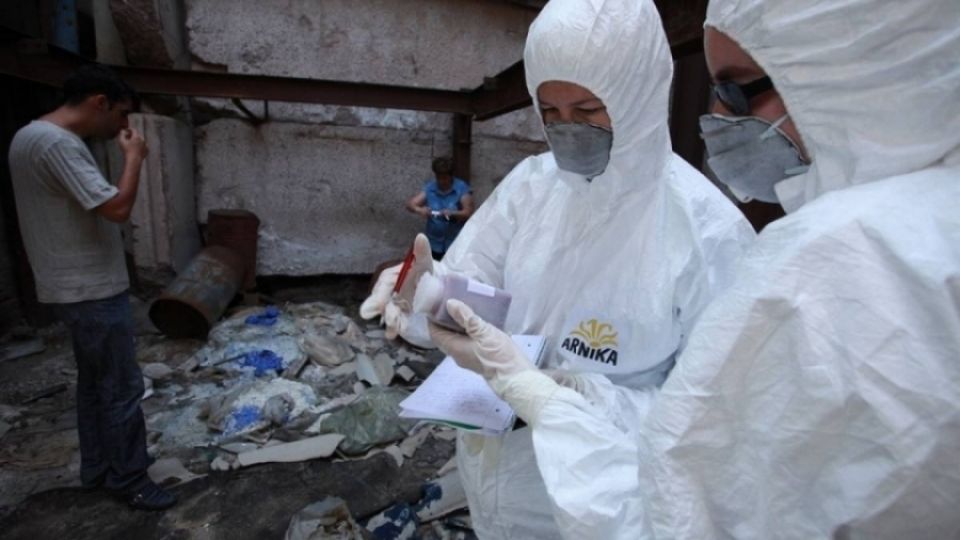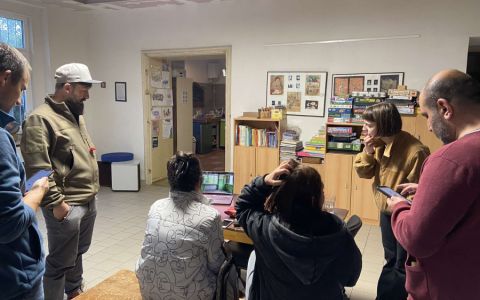Martin Skalský from the Arnika Association discussed Czech experiences concerning public participation in environmental protection on a meeting with his colleagues from Chinese associations on Sunday and Monday. He will have a speech in Shenzhen, on a conference on the environmental impact assessment process (EIA process). He will inform the participants about several Czech cases, where environmental damage was successfully prevented thanks to participation of the public in the EIA process. Specifically, he will mention cases of air pollution in Ostrava due to exhalations from the company ArcelorMittal, solution of the problem of excessive noise pollution caused by illegally expanded stamping plant in the city Úvaly near Prague, and closing down of a landfill that operated in contravention of regulations in Vyskytná.
„The output of the Monday conference will be, in particular, a publication that should serve as a manual for Chinese citizens how to proceed in similar cases, in compliance with Chinese legislation. We want to help local people in obtaining knowledge in order to be able to force the companies to operate in accordance with Chinese regulations. It is a great inspiration for us that, even in the Chinese political system, local people literally risk their skin in order to protect their health and health of their relatives and friends, and to protect the environment. Within the framework of intercontinental cooperation with groups of local inhabitants affected by environmental pollution, we want to show how similar problems have been solved in Europe, the presented cases serving as examples," said Arnika's expert on public participation in environmental protection, Martin Skalský.
On Sunday already, there took place a meeting of the Arnika's expert on public participation in decision-making with Chinese journalists. At the meeting, he presented a case study from the European environment, similar to the local case of soil contamination by toxic substances, which is closely connected with the activities of the Arnika Association. Namely, he informed about a „happy-end story", of successful decontamination of a landfill in Pozďátky.
The Sunday conference with journalists concerned one of the big Chinese cases of violation of legislation on environmental protection. In 2004 in Miyun County (Peking City district), a Korean company KB AutoSys had started operation of a plant manufacturing brake lining, supplying their products, for example, to car manufacturing plants of the companies Hyundai, GM, KIA, and Renault. It had started depositing hundreds of tonnes of hazardous waste near the plant, on farm land. This had violated Chinese legislation. Subsequent tests carried out by a certified laboratory SGS showed that the soil was contaminated by antimony, copper and chromium, in concentrations exceeding up to a thousand times the valid limit values. The case attracted international attention, especially thanks to environmental organisations. In spite of the fact that the company was forced to decontaminate the whole area, the concentrations of toxic substances still exceed the acceptable limit values.
„I believe that our rich experiences with participation in decision-making in the Czech Republic and Europe may be partially transferrable to China, at least concerning the benefits for economy and development," added Skalský.
The both events form part of a project financed by the European Union, entitled „Strengthening the capacity of pollution victims and civil society organizations to increase chemical safety in China".
Arnika is implementing the project in cooperation with the International Persistent Organic Pollutants Elimination Network (IPEN), and a Chinese non-governmental organisation, Green Beagle.







